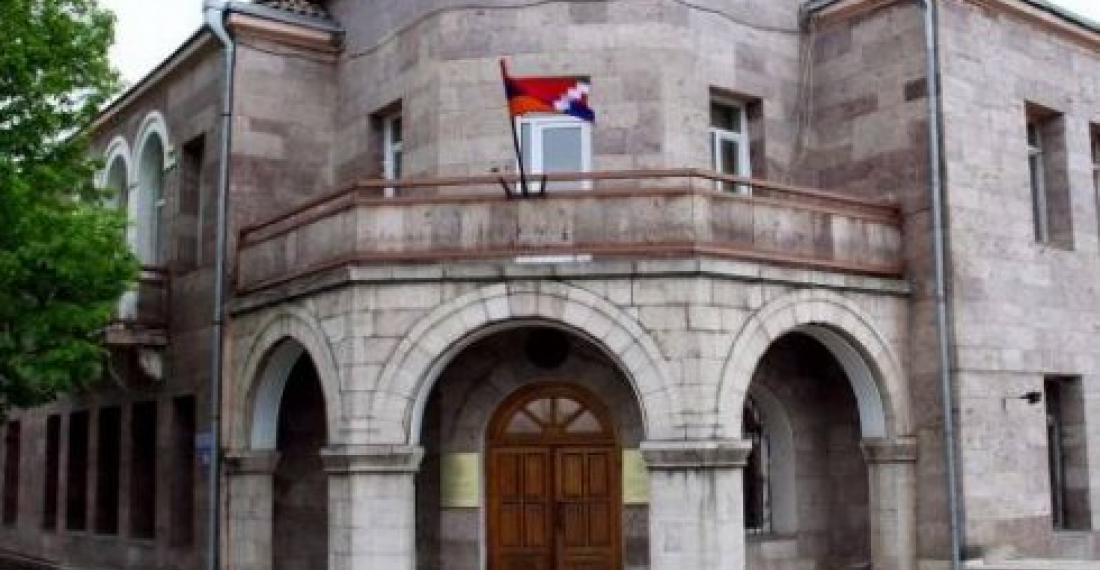As fighting rages on in the Nagorno-Karabakh conflict zone, and amid unconfirmed reports of missile strikes on the territory's capital, Stepanakert, the leadership of Karabakh Armenians have called for international recognition of their self-declared republic.
The semi official Armenian news agency Armenpress reports that "The Ministry of Foreign Affairs of the Republic of Artsakh has issued a statement calling on the international community to recognize its independence to ensure their citizens' right to life and peaceful development." The full statement as quoted by Armenpress says:
"Since 27 September 2020, the Azerbaijani armed forces, with the support of Turkey and terrorist organizations from the Middle East, have unleashed an aggressive war against the Republic of Artsakh. The large-scale armed attack by Azerbaijan on the Republic of Artsakh is accompanied by serious violations of the norms of international humanitarian law, as well as the laws and customs applicable in armed conflict. In particular, the Azerbaijani-Turkish armed formations are deliberately shelling cities, villages and civilian objects of Artsakh with the aim of terrorizing and destroying the civilian population. As a result of their criminal actions, there have been numerous casualties among the civilian population.
We welcome the efforts of leaders of the OSCE Minsk Group co-chairing countries and the international community as a whole, aimed at putting an immediate end to the armed aggression of Azerbaijan and the de-escalation of tensions. At the same time, we note that all the demands and appeals of the international community are cynically rejected by the triple alliance of Turkey, Azerbaijan and terrorist organizations.
We call on the international community to recognize the independence of the Republic of Artsakh in order to ensure the rights of the citizens of Artsakh to life and peaceful development. In the current situation, the international recognition of Artsakh is the only effective mechanism to restore peace and security in the region", the statement says.
No country recognises the Nagorno-Karabakh Republic/Republic of Artsakh (NKR), not even Armenia, and the position of the international community is that Nagorno-Karabakh is de jure part of Azerbaijan. In recent days the Armenian government has said that the recognition of NKR by Armenia was now on the agenda.
source: commonspace.eu with agencies
photo: The building of the foreign ministry of the self-declared Nagorno Karabakh Republic in Stepanakert






